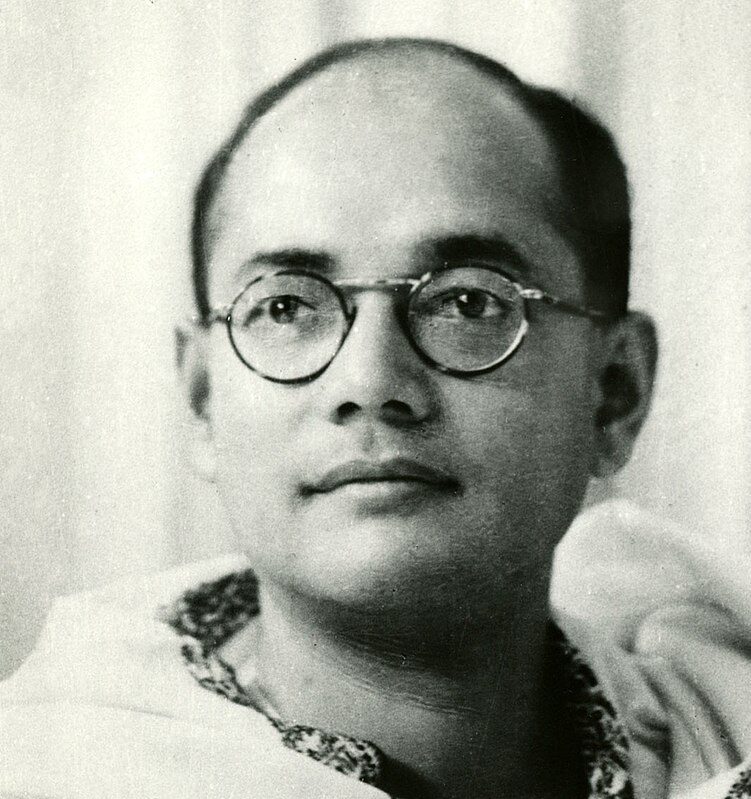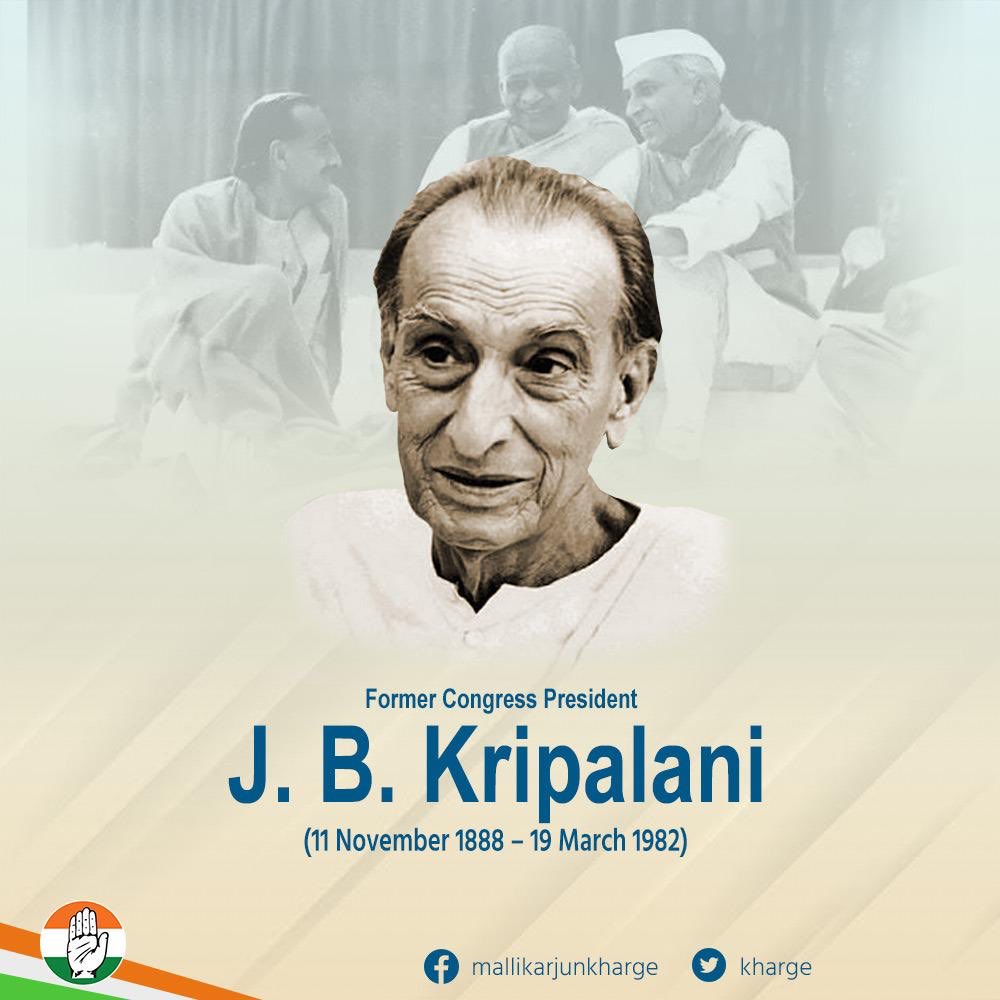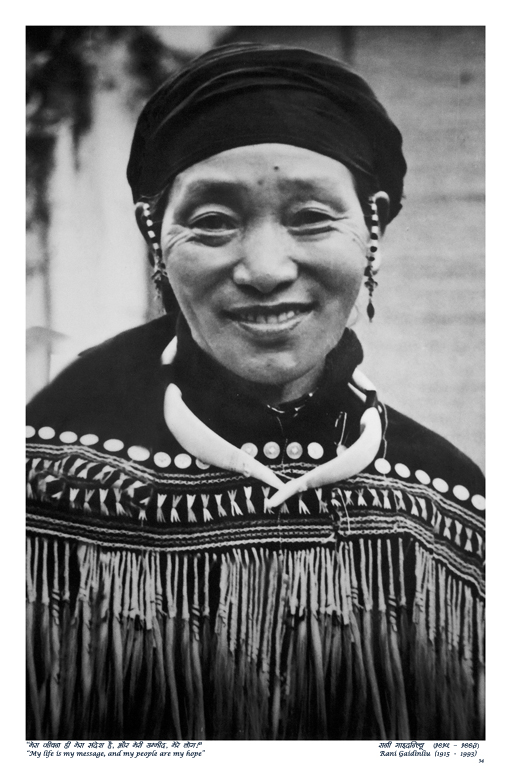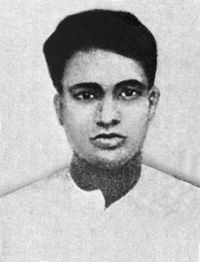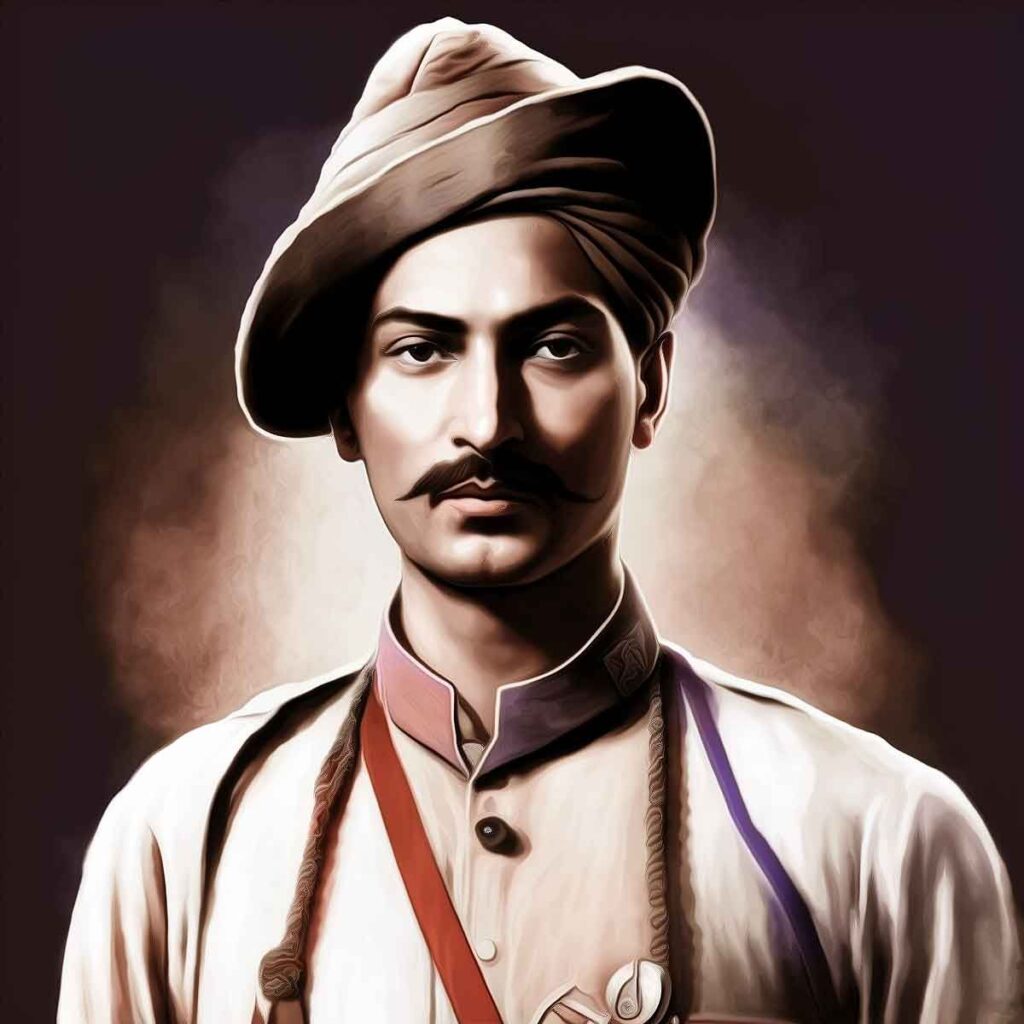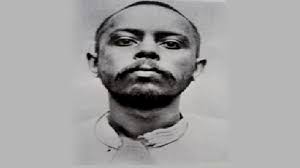Subhas Chandra Bose, born on January 23, 1897, was a prominent figure in India’s fight for independence from British rule. Influenced by Swami Vivekananda and Mahatma Gandhi, Bose joined the Indian National Congress (INC) but later parted ways due to his advocacy for complete independence. He founded the Forward Bloc, advocating for liberation through any means necessary.
During World War II, Bose sought foreign assistance and formed the Indian National Army (INA) in collaboration with Axis powers. His famous slogan “Give me blood, and I shall give you freedom” galvanized support for the cause.
Despite controversy over his alliances, Bose’s dedication to Indian freedom remains unquestioned. His mysterious death in a plane crash in 1945 adds intrigue to his legacy.
Subhas Chandra Bose, or Netaji, continues to be revered for his unwavering commitment to India’s independence struggle, leaving an indelible mark on the nation’s history.
Works
- Indian Nationalism: Bose was deeply involved in the Indian nationalist movement from a young age. He joined the Indian National Congress (INC) and served as the president of the party in 1938 and 1939. However, he later parted ways with the INC due to differences in ideology, advocating for complete independence from British rule rather than negotiation for dominion status.
- Forward Bloc: After leaving the INC, Bose founded the Forward Bloc, a political party advocating for radical means to achieve Indian independence. The Forward Bloc promoted socialist principles and was critical of both British colonial rule and the capitalist system.
- Formation of the Indian National Army (INA): One of Bose’s most significant contributions was the establishment of the Indian National Army (INA) during World War II. With support from Axis powers, particularly Japan and Germany, Bose sought to use the INA as a force to liberate India from British rule. The INA played a crucial role in galvanizing nationalist sentiment and challenging British authority in India.
- Broadcasts and Propaganda: Bose used radio broadcasts and propaganda to communicate his message of independence to the Indian masses. His speeches and messages were widely followed and inspired many to join the freedom struggle.
- International Diplomacy: Bose traveled extensively to garner international support for the Indian independence movement. He sought assistance from various countries, including Nazi Germany, Fascist Italy, and Imperial Japan, in his quest to liberate India from British rule.
- Formation of Provisional Government of Free India: In 1943, Bose established the Provisional Government of Free India in Singapore, with himself as the head. This government aimed to serve as a parallel administration to British colonial rule in India and prepare for the country’s independence.
- Legacy and Commemoration: Subhas Chandra Bose’s legacy continues to be commemorated in India through various means, including statues, memorials, and institutions named after him. His contributions to the independence struggle remain a significant part of Indian history and are remembered with reverence by many.

